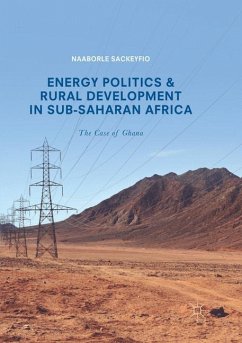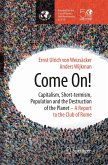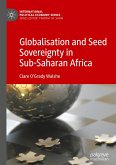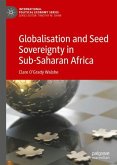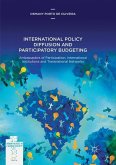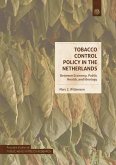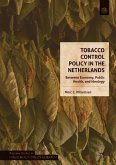This book addresses the paradox of uneven electricity in one of the fastest growing and now petro rich economies, Ghana, by addressing the question of why one of the most hydro rich countries in sub-Saharan Africa produces irregular access for all but 'swing' voter regions of the country. The book questions why targeted rural electricity initiatives over the course of the last two decades have yielded uneven benefits for what is a substantial portion of the country's population. Using Ghana as an emblematic case-study that speaks to broader regional concerns, including those of Nigeria and South Africa, this book contextualizes the variegated nature of how power sector reforms could not be undertaken without significant political costs. Indeed, the book situates an unfolding political landscape that prompted the successful but partial implementation of power sector reforms in part prompted by the Washington consensus and undergirded by a shrinking role for the state in the widereconomy.
"This book provides an insightful analysis for scholars and graduate students in political science, development economics, geography, engineering, and policy. It is also recommended for development practitioners and donors as they consider whether and how to advocate for increased private sector participation in the power sector across many developing countries." (Lauren M. MacLean, African Studies Review, Vol. 62 (4), December, 2019)

